Corporal punishment
In light of an upcoming law, this survey sought adults’ attitudes towards broad topics related to disciplining children and child abuse.
Guidelines from ministry say “any corporal punishment, no matter how light, is prohibited.”
“Well, yeah, of course you’re gonna get punched if you talk to someone that way.”
We can almost, kind of, maybe a little bit, understand why some teachers get angry enough to hit their students. When thinking about high school, there are enough cringe-worthy moments of complete jerkery where one wouldn’t blame a teacher for reaching out and slapping certain students across the mouth.
That’s not to say that such behavior is acceptable, of course! Only that, in some cases, maybe we can kind of get how infuriating students can be.
This is not one of those cases.
It goes without saying that corporal punishment is unforgivable. At least that’s the mode of thinking these days (and boy are we glad for it), but it wasn’t always the case. In the Showa Period (1926 to 1989), it was incredibly common in elementary, middle, and high schools. In fact, it was so common that it seemed almost inconceivable for a school not to have corporal punishment.
Still, we wondered what it was really like, so the prestigious RocketNews24 Japan team took a survey to find out what sorts of punishments were common in the Showa Period. Read More
We’ve all had teachers with a variety of temperaments. Some were cool, mellow. Some awkward, or just characters. (But hey, teachers are human too and they have to put up with students’ quirkiness as well).
Have you ever said or done anything that pushed your teacher over the edge, even for just a second? Below are an assortment of such utterances taken from a 2ch thread titled “Tell Us Something You Said That Pissed off Your Teacher.” Some of them may sound weird, and you may be shocked at the violent reaction of some of the teachers, but you need to take into account that some forms of hitting are still considered acceptable in Japanese schools. Read More

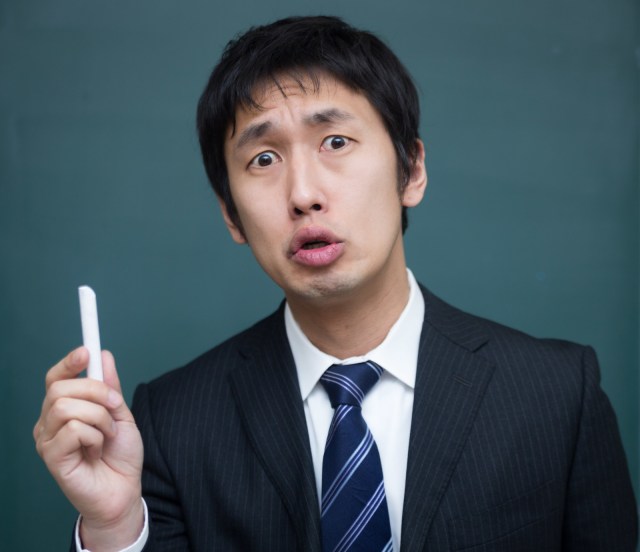
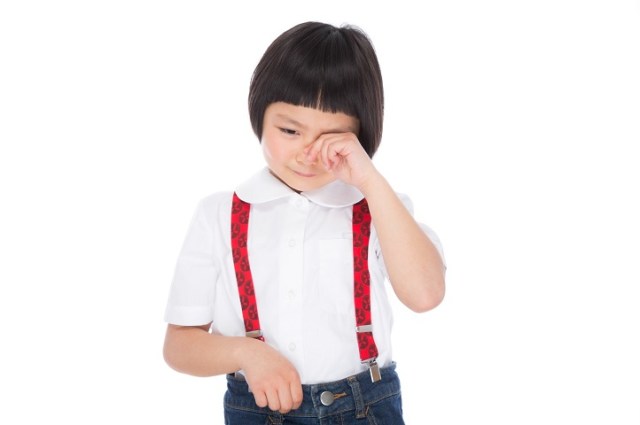
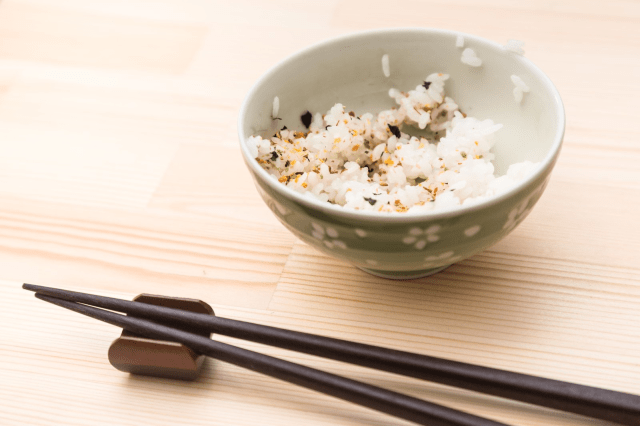
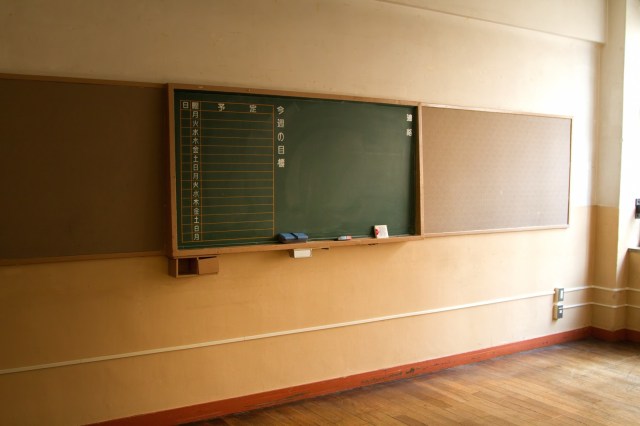
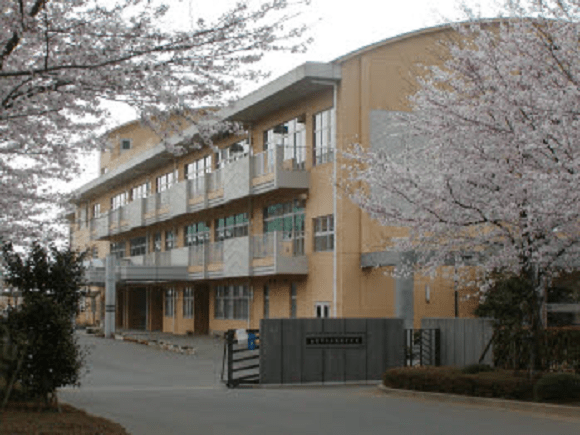
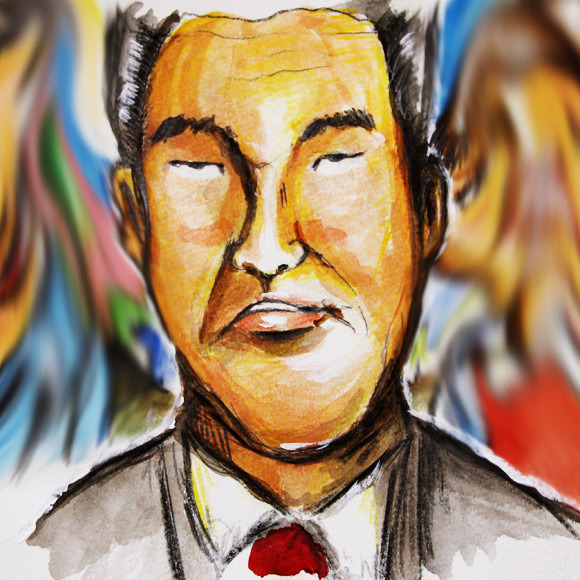
 Potama serves up epic rice balls like no other, and there’s only one store in Tokyo
Potama serves up epic rice balls like no other, and there’s only one store in Tokyo Japan’s craziest burger chain takes menchi katsu to new extreme levels
Japan’s craziest burger chain takes menchi katsu to new extreme levels What’s inside the lucky bag from Akihabara’s largest adult toy shop?
What’s inside the lucky bag from Akihabara’s largest adult toy shop? Yoshinoya opens fanciest restaurant yet! Almost as luxurious as a hospital cafeteria
Yoshinoya opens fanciest restaurant yet! Almost as luxurious as a hospital cafeteria Japan Extreme Budget Travel! A trip from Tokyo to Izumo for just 30,000 yen [Part 2]
Japan Extreme Budget Travel! A trip from Tokyo to Izumo for just 30,000 yen [Part 2] Can you eat lunch in Tokyo for less than 500 yen?
Can you eat lunch in Tokyo for less than 500 yen? Saitama is home to the best strawberries in Japan that you’ve probably never even heard of
Saitama is home to the best strawberries in Japan that you’ve probably never even heard of Sanrio changes Hello Kitty lead designer for first time in 46 years
Sanrio changes Hello Kitty lead designer for first time in 46 years Eight surprising things to do in Northern Okinawa
Eight surprising things to do in Northern Okinawa Demon Slayer’s Mugen Train is now ready to be your personal home sushi train too【Photos】
Demon Slayer’s Mugen Train is now ready to be your personal home sushi train too【Photos】 Starbucks Japan releases first-ever Hinamatsuri Girls’ Day Frappuccino
Starbucks Japan releases first-ever Hinamatsuri Girls’ Day Frappuccino Japanese restaurant chain serves Dragon Ball donuts and Senzu Beans this spring
Japanese restaurant chain serves Dragon Ball donuts and Senzu Beans this spring Highest Starbucks in Japan set to open this spring in the Tokyo sky
Highest Starbucks in Japan set to open this spring in the Tokyo sky Tokyo Skytree turns pink for the cherry blossom season
Tokyo Skytree turns pink for the cherry blossom season Japan Extreme Budget Travel! A trip from Tokyo to Izumo for just 30,000 yen [Part 1]
Japan Extreme Budget Travel! A trip from Tokyo to Izumo for just 30,000 yen [Part 1] Yakuzen ramen restaurant in Tokyo is very different to a yakuza ramen restaurant
Yakuzen ramen restaurant in Tokyo is very different to a yakuza ramen restaurant Japan has only one airport named after a samurai, so let’s check out Kochi Ryoma【Photos】
Japan has only one airport named after a samurai, so let’s check out Kochi Ryoma【Photos】 Japanese drugstore sells onigiri at pre-stupid era prices, but how do they compare to 7-Eleven?
Japanese drugstore sells onigiri at pre-stupid era prices, but how do they compare to 7-Eleven? Adorable Totoro acorn key holders come with a special guest hidden inside[Photos]
Adorable Totoro acorn key holders come with a special guest hidden inside[Photos] Japan’s newest Shinkansen has no seats…or passengers [Video]
Japan’s newest Shinkansen has no seats…or passengers [Video] Starbucks Japan releases new sakura goods and drinkware for cherry blossom season 2026
Starbucks Japan releases new sakura goods and drinkware for cherry blossom season 2026 Foreigners accounting for over 80 percent of off-course skiers needing rescue in Japan’s Hokkaido
Foreigners accounting for over 80 percent of off-course skiers needing rescue in Japan’s Hokkaido Super-salty pizza sends six kids to the hospital in Japan, linguistics blamed
Super-salty pizza sends six kids to the hospital in Japan, linguistics blamed Starbucks Japan unveils new sakura Frappuccino for cherry blossom season 2026
Starbucks Japan unveils new sakura Frappuccino for cherry blossom season 2026 Foreign tourists in Japan will get free Shinkansen tickets to promote regional tourism
Foreign tourists in Japan will get free Shinkansen tickets to promote regional tourism The 10 most annoying things foreign tourists do on Japanese trains, according to locals
The 10 most annoying things foreign tourists do on Japanese trains, according to locals Take a trip to Japan’s Dododo Land, the most irritating place on Earth
Take a trip to Japan’s Dododo Land, the most irritating place on Earth Naruto and Converse team up for new line of shinobi sneakers[Photos]
Naruto and Converse team up for new line of shinobi sneakers[Photos] Is China’s don’t-go-to-Japan warning affecting the lines at a popular Tokyo gyukatsu restaurant?
Is China’s don’t-go-to-Japan warning affecting the lines at a popular Tokyo gyukatsu restaurant? Survey asks foreign tourists what bothered them in Japan, more than half gave same answer
Survey asks foreign tourists what bothered them in Japan, more than half gave same answer Japan’s human washing machines will go on sale to general public, demos to be held in Tokyo
Japan’s human washing machines will go on sale to general public, demos to be held in Tokyo Starbucks Japan releases new drinkware and goods for Valentine’s Day
Starbucks Japan releases new drinkware and goods for Valentine’s Day We deeply regret going into this tunnel on our walk in the mountains of Japan
We deeply regret going into this tunnel on our walk in the mountains of Japan Studio Ghibli releases Kodama forest spirits from Princess Mononoke to light up your home
Studio Ghibli releases Kodama forest spirits from Princess Mononoke to light up your home Major Japanese hotel chain says reservations via overseas booking sites may not be valid
Major Japanese hotel chain says reservations via overseas booking sites may not be valid Put sesame oil in your coffee? Japanese maker says it’s the best way to start your day【Taste test】
Put sesame oil in your coffee? Japanese maker says it’s the best way to start your day【Taste test】 No more using real katana for tourism activities, Japan’s National Police Agency says
No more using real katana for tourism activities, Japan’s National Police Agency says Can you eat lunch in Tokyo for less than 500 yen?
Can you eat lunch in Tokyo for less than 500 yen? Saitama is home to the best strawberries in Japan that you’ve probably never even heard of
Saitama is home to the best strawberries in Japan that you’ve probably never even heard of Sanrio changes Hello Kitty lead designer for first time in 46 years
Sanrio changes Hello Kitty lead designer for first time in 46 years Eight surprising things to do in Northern Okinawa
Eight surprising things to do in Northern Okinawa Demon Slayer’s Mugen Train is now ready to be your personal home sushi train too【Photos】
Demon Slayer’s Mugen Train is now ready to be your personal home sushi train too【Photos】 “Bumping men” are a uniquely Japanese class of criminals that are hard to deal with
“Bumping men” are a uniquely Japanese class of criminals that are hard to deal with The fish in rural Fukui that rivals Japan’s most auspicious sea bream
The fish in rural Fukui that rivals Japan’s most auspicious sea bream Japanese convenience store packs a whole bento into an onigiri rice ball
Japanese convenience store packs a whole bento into an onigiri rice ball New sushi train toy makes sushi for you, then delivers it, and is exactly what we want【Video】
New sushi train toy makes sushi for you, then delivers it, and is exactly what we want【Video】 Japan just had its first same-month foreign tourist decrease in four years
Japan just had its first same-month foreign tourist decrease in four years We revisited Sweets Paradise after a decade to see if Japan’s dessert buffet still delivers
We revisited Sweets Paradise after a decade to see if Japan’s dessert buffet still delivers The mystery of the phantom “sake pass card” at Japanese alcohol vending machines
The mystery of the phantom “sake pass card” at Japanese alcohol vending machines